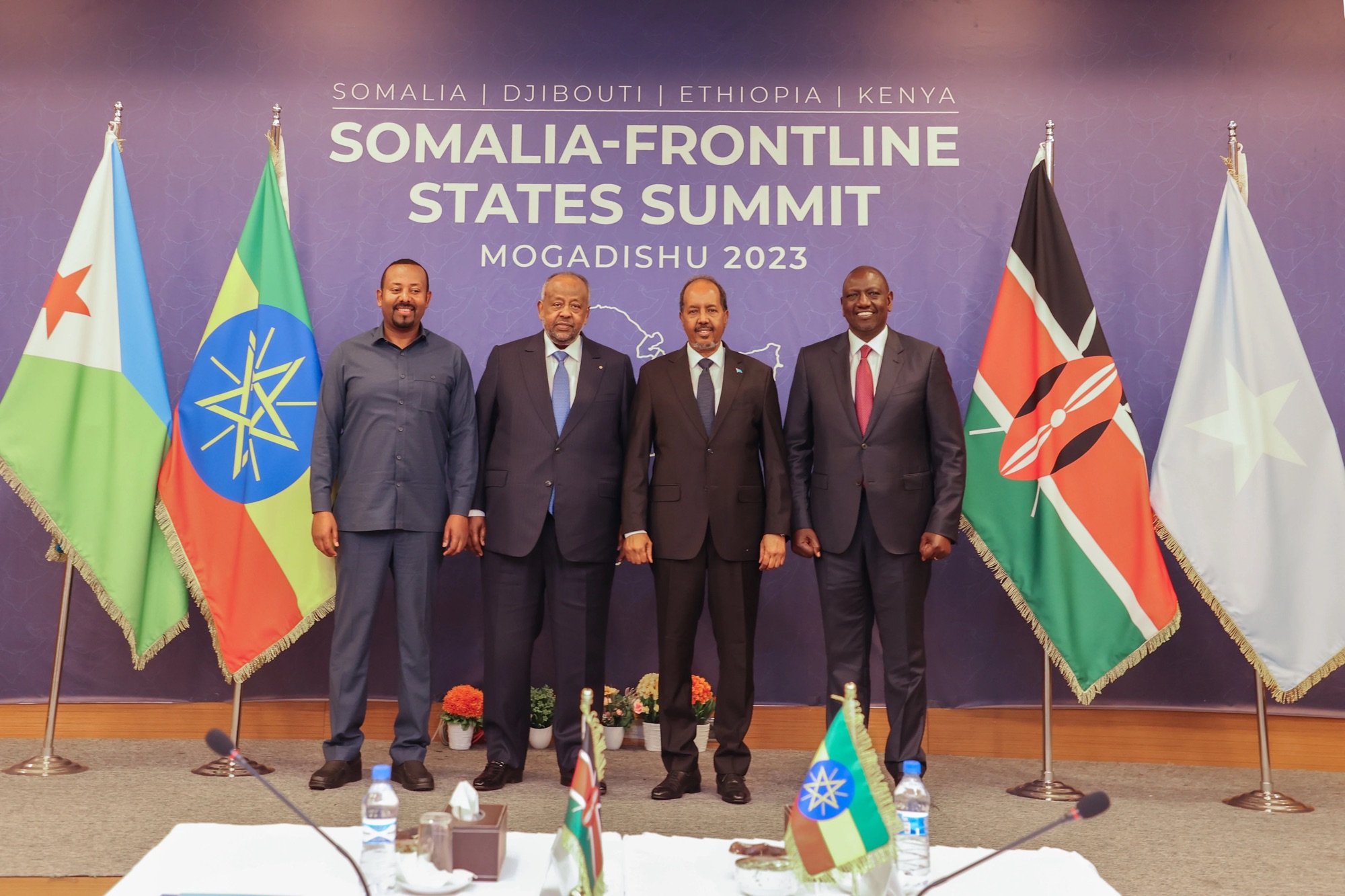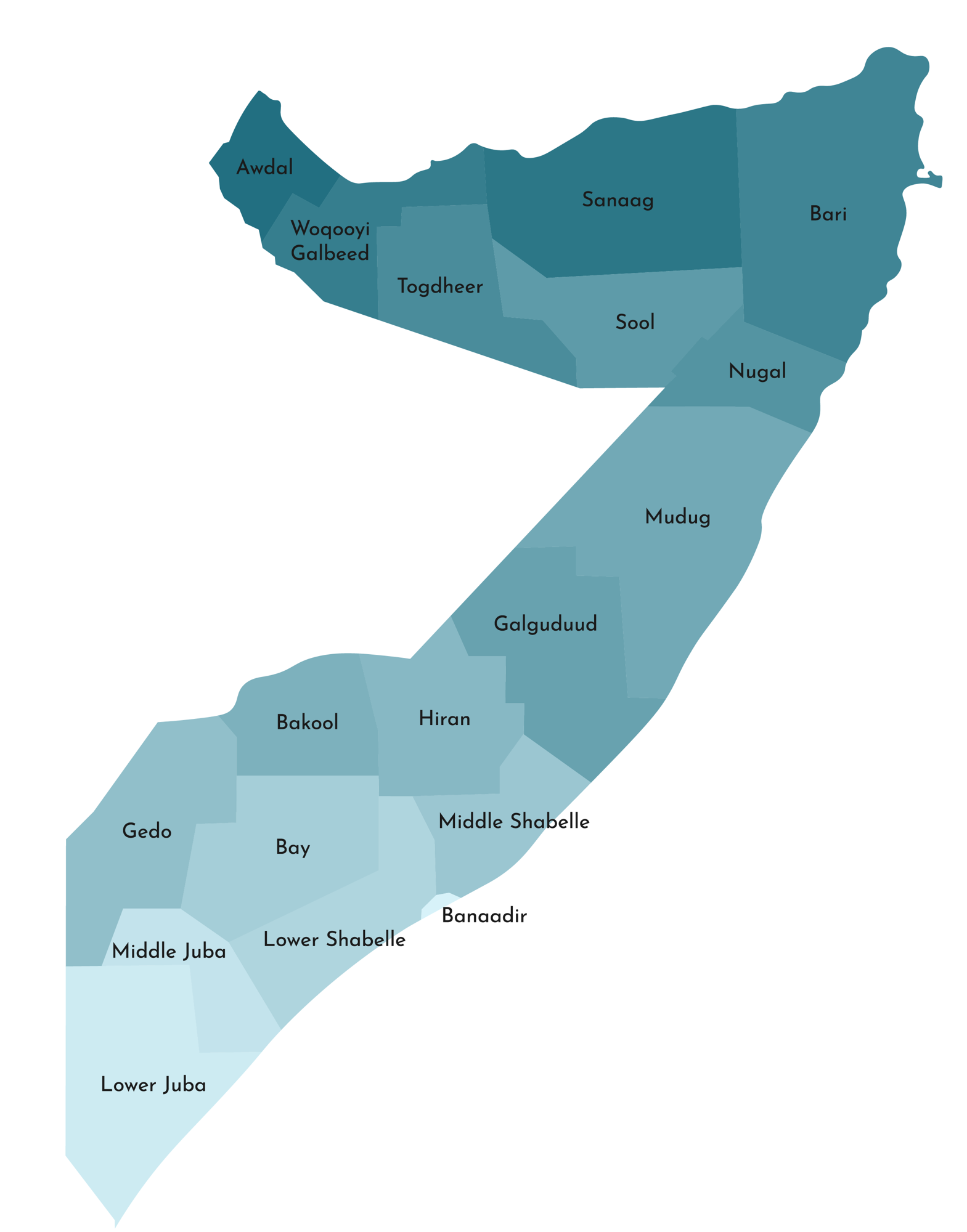<script async src="https://pagead2.googlesyndication.com/pagead/js/adsbygoogle.js?client=ca-pub-4327726138052512"
crossorigin="anonymous"></script>
Tensions have escalated between the Federal Government of Somalia and the Puntland regional state after Puntland’s maritime security forces intercepted a Turkish vessel off the coast of Puntland, in Somali territorial waters.
According to sources, the intercepted ship was reportedly transporting advanced military equipment, including heavy armored vehicles and high-caliber machine guns. The cargo was allegedly intended for newly trained units of the Somali National Army (SNA), as part of ongoing efforts to combat the Al-Shabaab insurgency.
Puntland authorities have declined to release the vessel, citing concerns over the legitimacy of the shipment and the final destination of the weapons. Officials in Garowe insist that all military aid entering Somalia must be properly vetted to ensure it does not fall into the wrong hands.
“The security of the Somali people is paramount. We need to confirm the legality and destination of this shipment before any further action is taken,” a Puntland official told Somali.com under condition of anonymity.
The Federal Government in Mogadishu, however, views the interception as a serious breach of national sovereignty, urging Puntland to immediately release the vessel and allow the delivery of the urgently needed arms to bolster the national army’s fight against terrorism.
The incident has sparked heated public debate across the country. Supporters of the Federal Government argue that Puntland’s actions border on piracy and undermine national unity at a critical time. Meanwhile, others defend Puntland’s move, calling it a necessary step to ensure accountability and transparency in military shipments.
As Somalia continues its long journey toward stability, this maritime standoff highlights the complex dynamics between regional states and the central government — and the urgent need for improved cooperation and trust in the handling of national security matters.



